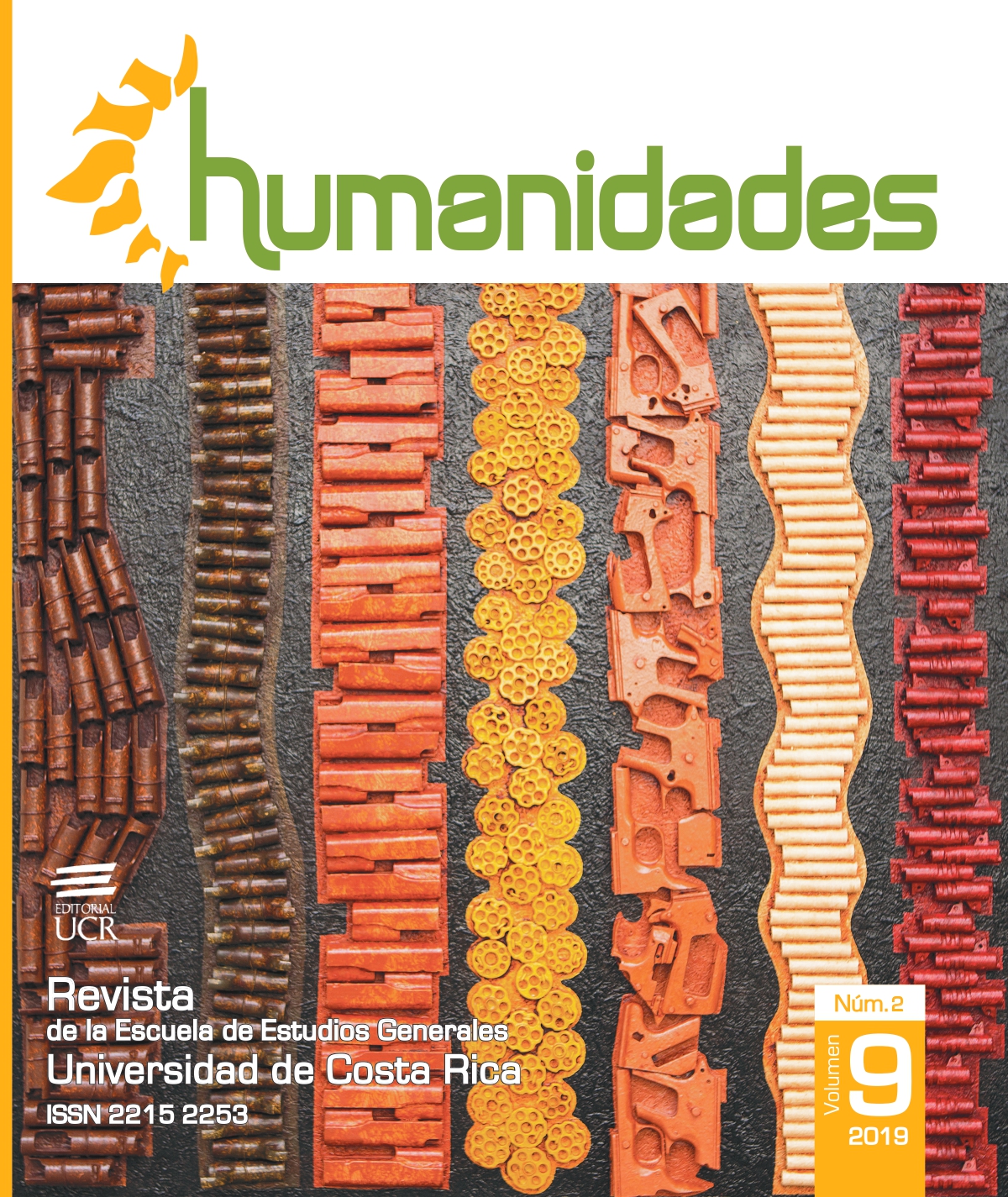Abstract
This paper puts into dialogue a reflection on the work Una cosa es una cosa by the Colombian performance artist María Teresa Hincapié and the conceptual intercrossing around the concept of thing, subject and truth that takes place between Martin Heidegger, Meyer Schapiro and Jacques Derrida. Following the reading of the controversy between the first two thinkers that would make the French philosopher, it seeks to highlight the relevance of avoiding interpreting the presence of an object of use, such as shoes, in a work of art as a reference to or representation of a subject , and instead highlight the way in which his own presence, as Hincapié’s work illustrates, consists of an invitation to games of meaning that keep open the expression of the constitutive materiality of what we are.
References
Bal, M. (2014). De lo que no se puede hablar. Medellín, Colombia: Universidad Nacional de Colombia.
Derrida, J. (2005). La verdad en pintura. Buenos Aires, Argentina: Paidós.
Domínguez, J. (1991). La teoría estética en Heidegger. Areté, III(2), 184-205.
Gómez, N. (2010). ¿Acaso es una cosa? En J. Serna, N. Gómez, y F. González, Elemental. Vida y obra de María Teresa Hincapié (pp.36-68). Bogotá, Colombia: Laguna Libros.
Heidegger, M. (2012). El origen de la obra de arte. En M. Heidegger, Caminos de bosque (pp.11-62). Madrid, España: Alianza.
Roca, J. I. (2010). Los espacios y las cosas. El mundo interior de María Teresa Hincapié. En J. Serna, N. Gómez, & F. González, Elemental. Vida y obra de María Teresa Hincapié (págs. 160-163). Bogotá, Colombia: Laguna Libros.
Schapiro, M. (1994). The still life as a personal object -A note on Heidegger and Van Gogh. En M. Schapiro, Theory and philosophy of art: style, artist and society (Selected papers) (pp.135-142). NY: George Braziller Inc.


